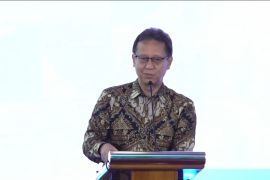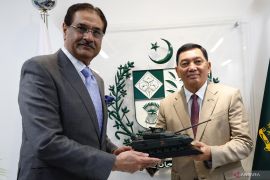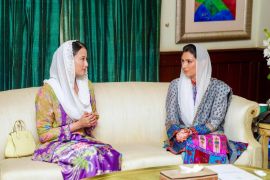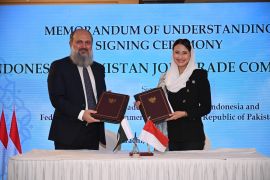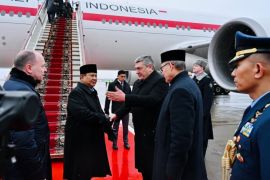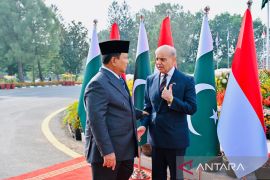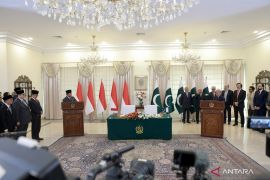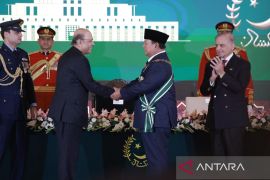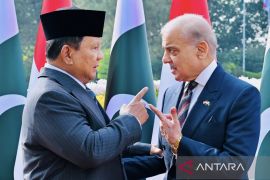Tensions are high between the Muttahida Qaumi Movement (MQM) and the Awami National Party (ANP), which each represents rival communities in Karachi, a city straddling political fault lines.
"A semi-curfew will be imposed in some areas of Karachi," Interior Minister Rehman Malik said in a brief televised interview with reporters, after meeting top provincial officials in Karachi.
Malik did not explain what he meant by "semi-curfew", but Sindh province home ministry spokesman Sharfuddin Memon told AFP "it is for the authorities to decide for how long they would like a troubled area to remain under curfew."
On Saturday Memon told AFP that at least 17 people had been the victims of targeted killings since Thursday.
Dozens of suspects linked to the killings have been rounded up, with extra police and paramilitary rangers deployed in Karachi`s trouble-prone western neighbourhoods.
"It is responsibility of the federal and provincial governments to protect the people," Malik said, justifying the decision to impose the partial curfew,without disclosing which areas would be affected.
Malik also said, without elaborating, that there was "a third element trying to deteriorate the situation in Karachi."
Among the 17 people killed this week was Wali Khan Babar, a reporter for the private Geo television station, who was shot dead late Thursday in an attack condemned by journalists` unions and civil society organisations.
Political violence in Karachi in 2010 was the worst for years, with 85 people killed in August after a lawmaker was shot dead and more than 70 in October on the eve of the vote to elect the MP`s successor.
The city is also plagued by ethnic and sectarian killings, crime and kidnappings.
The MQM is a partner in the Pakistan People`s Party-led coalition that rules the southern province of Sindh, of which Karachi is the capital. (*)
Editor: Kunto Wibisono
Copyright © ANTARA 2011

